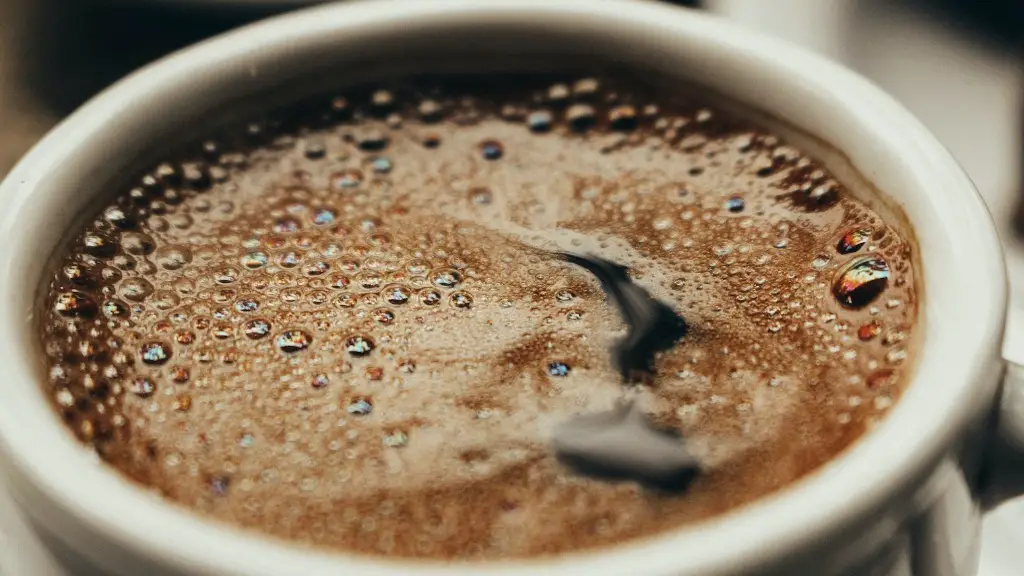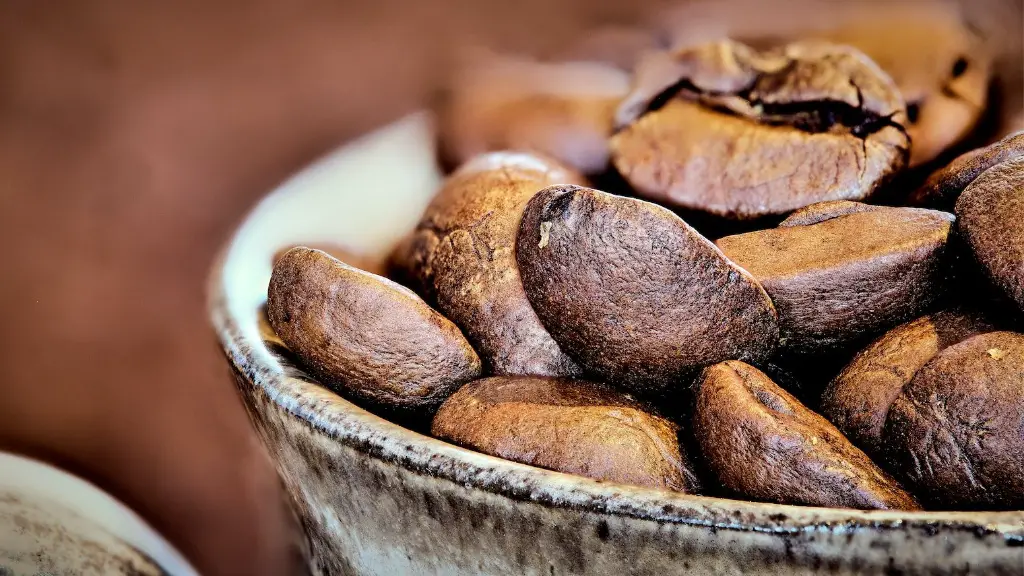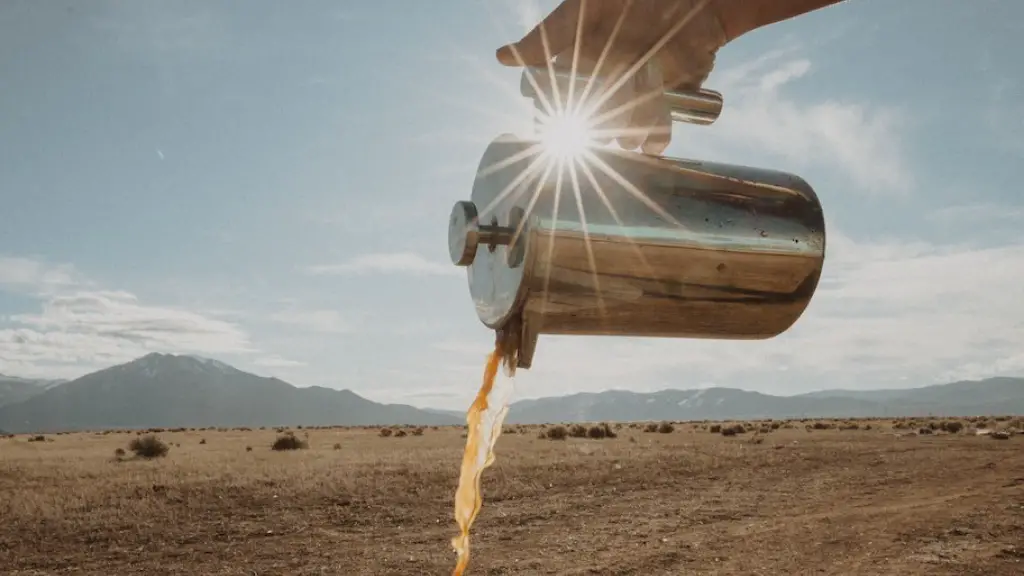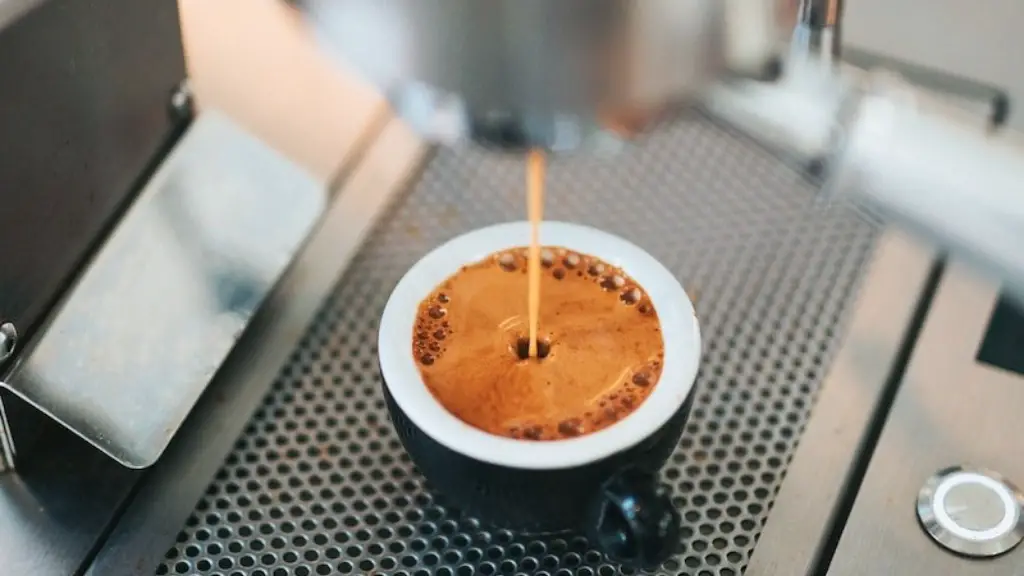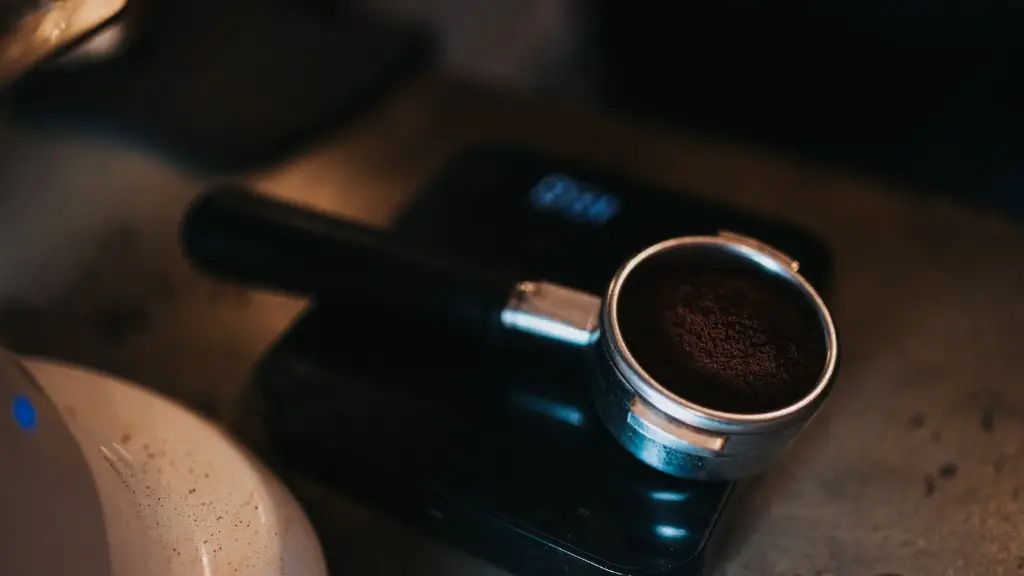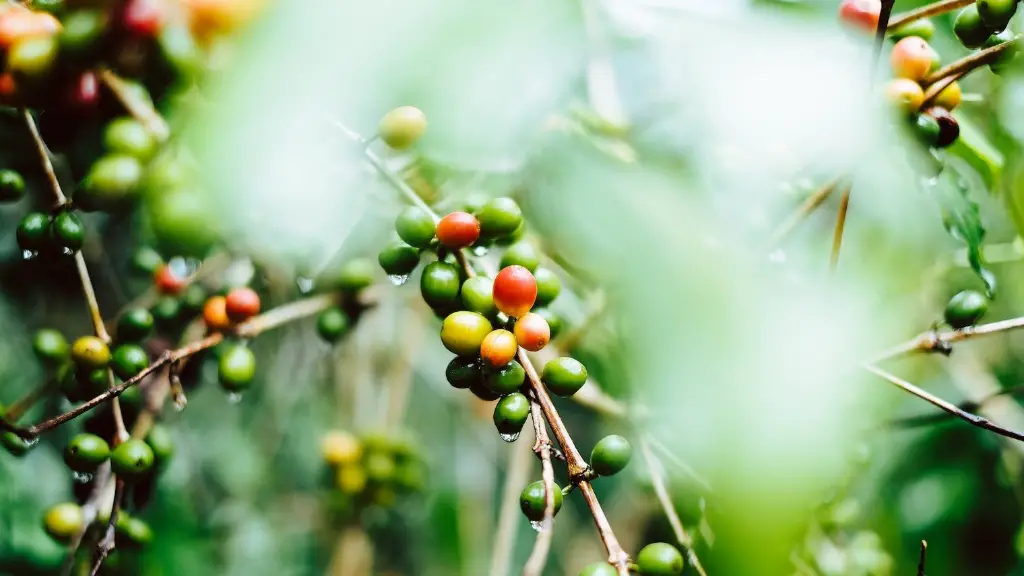What is Fair Trade Coffee?
Fair Trade Coffee is a movement in which farmers are paid fair prices for their coffee beans. Coffee traders, as well as farming cooperatives and even entire countries can be certified by a third-party organization known as Fair Trade USA. According to the organization, when a product is Fair Trade Certified it guarantees that farmers are protected from the fluctuations of the market, ensuring a living wage and providing dignified working conditions.
Does Starbucks Buy Fair Trade Coffee?
The short answer is yes. Starbucks buys Fair Trade Certified ingredients and partners with Fair Trade Certified suppliers for its coffee. They have made a commitment to offering 100 percent ethically sourced beans as part of their Coffee and Farmer Equity (C.A.F.E) Practices.
It is from these practices that Starbucks has become an innovator in the coffee industry. From creating long-term relationships with farmers, offering direct financial assistance, and providing technical assistance, Starbucks has shown that it is committed to providing a sustainable future for the farmers they work with.
Although Starbucks might not be the only coffee retailer to offer Fair Trade Certified products, it immediately comes to mind when it comes to sustainability and conscious sourcing. At the end of 2019, Starbucks had over 17,000 stores worldwide, including 12,000 stores in the United States alone.
The Benefits of Fair Trade Coffee
Fair Trade coffee not only guarantees a fair wage for farmers, but it also comes with a set of quality standards. The Fair Trade Certified quality standards ensure that the coffee harvested is of the highest quality, for both the farmers and the consumers.
The certification also requires improved working conditions, including the provision of safe and healthy working environments, and the use of non-toxic materials on the farms. It also requires that farmers have freedom of association, meaning that they have the ability to exercise their human rights and freely, and have the right to collective bargaining.
The Fair Trade coffee standards also supports farmers and their local communities, by investing an additional 10 percent premium paid directly to farmers to invest in clean energy, school construction, health centers, and other local initiatives.
Exploring the Social Side of Coffee Sourcing
Furthermore, Starbucks has been exploring the social side of coffee sourcing, partnering with Stand For Trees to help protect forests, launch a green bond to finance sustainable sourcing practices, and most recently, offering its first “tea-bag” made with recycled materials.
According to Starbucks, the company is more than just a coffee purveyor. It is a responsible neighbor, a responsible partner, and a responsible company whose practices are helping to make farmers’ lives better, while protecting the planet.
With the commitment to Fair Trade Certified coffee, Starbucks is helping to ensure that farmers are guaranteed a fair price for their coffee beans and are protected from the fluctuations of the market.
Coffee and Tea Sourcing
Starbucks also sources its tea from farms that are certified by the Ethical Tea Partnership (ETP). Certified farms are audited and inspected annually to ensure they are meeting a set of labor, environmental, and social standards.
This means that the tea farmers and tea pickers are provided with safe and dignified employment, their families are provided with a good quality of life, their farms are managed with the utmost respect for the environment, and that their tea harvesting and production practices meet the highest level of quality standards.
With its commitment to the ETP, Starbucks is demonstrating that it is serious about ethically sourcing its teas. This includes sourcing from smallholder tea farmers, ensuring that they are paid a living wage, and providing them with technical assistance.
Developing Sustainable Sourcing Practices
In addition to its commitment to Fair Trade Certified and ETP-certified ingredients, Starbucks has also committed to developing sustainable sourcing practices, such as encouraging its partners to source ingredients responsibly and supporting the reduction of its carbon footprint. Starbucks has set a goal of halving its net greenhouse gas emissions by 2030, and it is actively working towards this by investing in clean energy and monitoring its energy usage.
From offering ethically sourced coffee and tea, to investing in clean energy and monitoring its energy usage, Starbucks is demonstrating its commitment to responsible sourcing and sustainability. In doing so, the company is helping to ensure that farmers have the opportunity to earn a fair wage, while protecting the environment.
Research and Development
In addition to its commitment to sourcing responsibly, Starbucks is also investing in research and development to bring consumers the highest quality coffee and tea. Starbucks is investing in technology, such as artificial intelligence (AI), to help detect and address potential coffee processing issues. It has also invested in the Starbucks Coffee Quality Institute, which provides industry-specific research and development, as well as testing and innovation.
Starbucks is also always looking to innovate when it comes to coffee and tea. The company recently introduced its first plant-based energy drink and is continuously introducing new products and flavors.
From investing in research and development, to offering ethically sourced coffee and tea, Starbucks is demonstrating its commitment to quality and sustainability. By offering ethically sourced coffee and tea, Starbucks is not only protecting the environment, but it is also helping to improve the livelihoods of farmers and their local communities.
Environmental and Economic Impacts
By sourcing ethically, Starbucks is not only helping to ensure that farmers are paid a fair wage and that their local communities benefit from the additional 10 percent premium from every Fair Trade Certified coffeepurchase, but it is also helping to minimize its environmental impacts.
One way that Starbucks is doing this is by encouraging its partners to source ingredients responsibly. The company has committed to a goal of reducing the ratio of “virgin” coffee and tea beans to 0 percent by 2020, and it’s actively working towards this by improving the efficiency of its procurement practices and promoting the use of recyclable and reusable packaging materials.
The company is also helping to reduce its environmental footprint by investing in clean energy, such as solar and wind power. In addition, it has committed to reducing water consumption by 25 percent by 2025, and is actively working towards this by installing water-efficient fixtures and equipment in its stores.
Competition
Although Starbucks might be a leader when it comes to ethical sourcing, the company does face competition from other coffee retailers, such as Peet’s Coffee, who also offer Fair Trade Certified coffees. However, Starbucks remains firmly committed to its ethical sourcing initiatives, and is actively working to make sure that its customers are provided with only the highest quality coffee and tea.
Starbucks is also continuously innovating when it comes to ethical sourcing. The company recently announced plans to work with CAFES Trust, a joint venture between USAID, the World Bank and the IFC, to build a global platform for collaborative sourcing, which will help to further ensure the sustainability of its ingredients.
From its commitment to ethical sourcing and its investments in clean energy, to its innovative products and sustainable initiatives, Starbucks is demonstrating that it is serious about sustainability and is helping to make farmers’ lives better, while protecting the planet.
